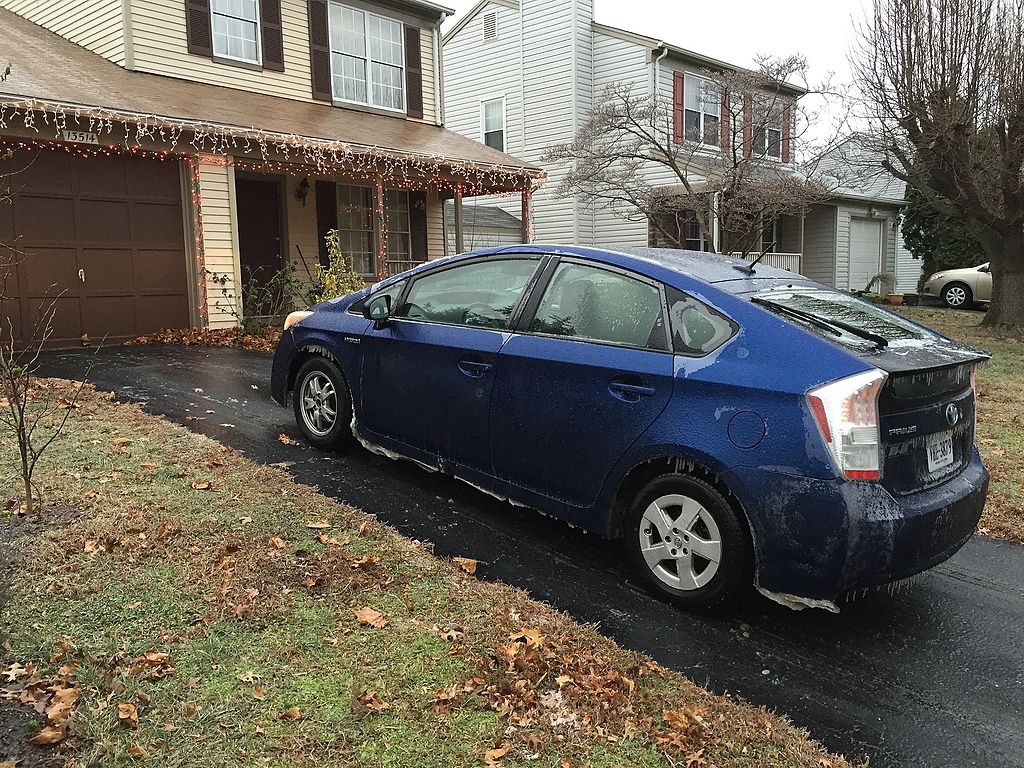Yes, You Can Steal a Car in Minnesota Without Moving It
During winter, the temperature drop in Minnesota can paralyze most vehicles. Each morning, J.V. would start his car and leave it in the driveway before leaving for work. One morning in 2016, J.V. spotted a stranger knocking on his front door. Suspicious, J.V. called the police. An officer arrived and found the man, later identified as Thonesavanh, sitting in J.V.’s car. The doors were locked and the headlights had been turned on, but Thonesavanh hadn’t moved the vehicle since J.V. started it. The officer persuaded Thonesavanh to step out of the car and arrested him.
Thonesavanh was charged with theft of a motor vehicle. The trial court dismissed the charge, since Minnesota defined theft of a vehicle as “taking or driving a motor vehicle” and there was no evidence that the defendant had moved the car at all. The appeals court confirmed the verdict, though it noted that the word “taking” was ambiguous. Taking could either mean “moving or transporting” or “having possession of.” The Minnesota Supreme Court took up the case, ruling that “taking” meant having possession. The state Supreme Court’s ruling means that Thonesavanh would be guilty of theft of a motor vehicle without ever moving it.
 The Expansion of Law
The Expansion of Law
Many courts believe that no words in laws should be surplusage – that is, every word in a statute should mean something and that there are no extra or redundant words. If the Minnesota Supreme Court reads “taking” to mean “moving or transporting,” then “taking” would be redundant since it would be mean the same as “driving.” With that logic, “taking” could only be the other applicable definition, “having possession of.”
Since Thonesavanh was sitting in J.V.’s car without his consent, Thonesavanh had locked the doors and turned on the headlights, adjusting the vehicle according to his wishes. With the doors locked, Thonesavanh was in control of the vehicle and was preventing J.V. from using it himself. Effectively, Thonesavanh was in possession of the car. Thonesavanh hadn’t moved the car but he had done everything possible to assert his control over it.
It might seem exhausting, elitist, and frankly boring, to spend four paragraphs arguing over the definition of a common English word like “taking.” However, this much word usage is necessary because the definition of “taking” was literally the difference between a guilty and non-guilty verdict. More importantly, these types of arguments are the difference between guilty and non-guilty not just for Thonesavanh, but for any other individuals arrested for theft of a motor vehicle in Minnesota.
What are the Implications of a Case Like This?
This process of arguing over the meaning of a single word or phrase can have enormous consequences. In cases like Thonesavanh, it separates a man from freedom and jail. In the big picture, these kinds of arguments over the meaning of a word also lead unintended consequences. Although the doctrine of surplusage is intended to ensure that judges don’t ignore the words written by the legislature, giving words different meanings can also lead to meanings that the lawmakers never intended either. When that happens, it is the people who suffer from good judicial intentions gone awry.

 The Expansion of Law
The Expansion of Law
Comments